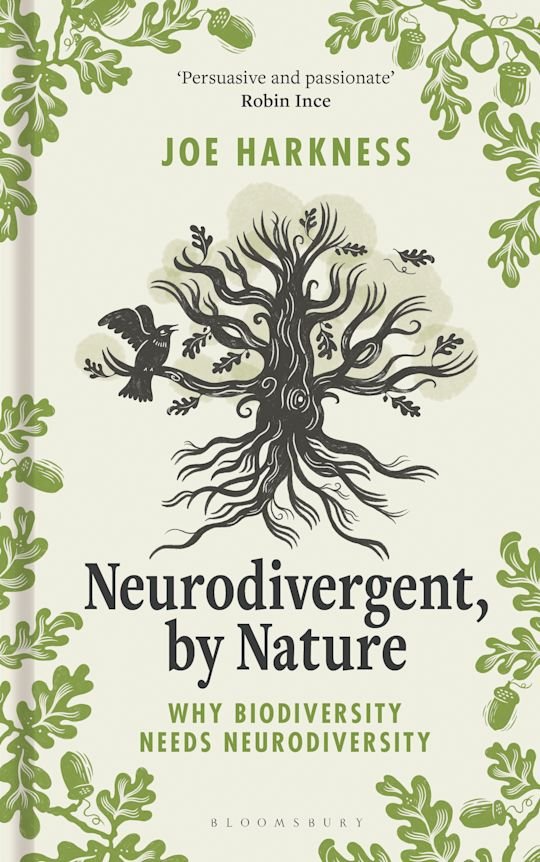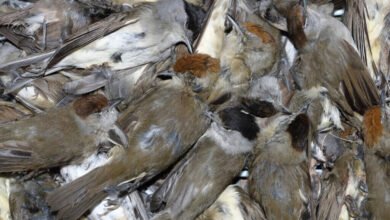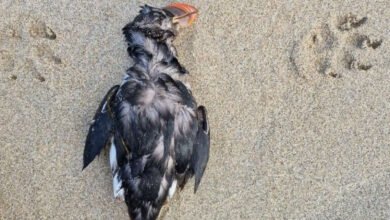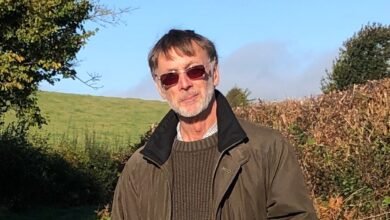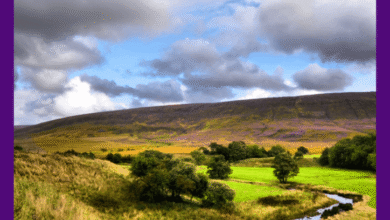
This book is about the relationship between neurodivergent people and the natural world. I found it interesting and probably more interesting than I thought it might be.
The author is neurodivergent (diagnosed as having Attention Deficit Hyperactivity Disorder) and does a very good job in explaining, from the start of the book, what are the different manifestations of neurodivergence. He explains what they are called (and what they used to be called and what they shouldn’t be called) and what form they take and how in general they will affect the way a person will engage with the world.
Something like a fifth of people are neurodivergent so the chances are that you will meet some neurodivergent people in your working life (and your family and social life) and the point is well made that if you’ve met one you haven’t met them all. There are, after all, just for starters, four Specific Learning Disorders (SPLDs) that begin with ‘dys’: dyslexia, dyspraxia, dyscalculia and dysgraphia. This area has as much alphabet soup as protected areas, and no-one should think they know about Special Areas of Conservation (SACs) just because they’ve met a single National Nature Reserve (NNR).
Joe does a great job in talking to a range of neurodivergent staff of a wide range of conservation organisations, big and small, and statutory and non-governmental. Some of the people who contributed their thoughts wished to remain anonymous but many are named. Overall, I get the impression that the conservation sector has moved quite well and quite quickly to respond to the needs of neurodivergent staff and volunteers as awareness and understanding has grown. It might well be an area where the conservation movement has done well.
That might help to explain the impression that wildlife conservation has attracted the neurodivergent to its ranks in apparently large numbers but there is more to it than that. It’s not necessarily the case that nature conservation will lead you to a life without stress but if your mental health depends on getting access to the natural world then working for organisations, and with individuals, who value it highly makes sense. But I think there is even more to it than that, in that working for many conservation charities means working with a workforce that is younger and more socially liberal than in some other sectors. Back in the 1980s/90s I think the same effect was noticeable in the number of lesbian and gay staff (we hadn’t got much past L and G to BQTIA+) in those same organisations because the organisations provided safer spaces for them.
This is a book that is about people, and about people who are associated with nature conservation, so it isn’t predominantly about nature itself or nature conservation.
The author works in education, and he found the ins and outs of the nature conservation world a bit daunting – many of us feel like that about education. He writes well, informally and clearly. When commenting on the idea that neurodivergence is a superpower he wrote my favourite sentence of the book, “I don’t personally find ADHD super, or a power.“.
The cover? It’s OK. I’d give it 6/10.
Neurodivergent, by Nature: why biodiversity needs neurodiversity by Joe Harkness is published by Bloomsbury.
[registration_form]
Source link
